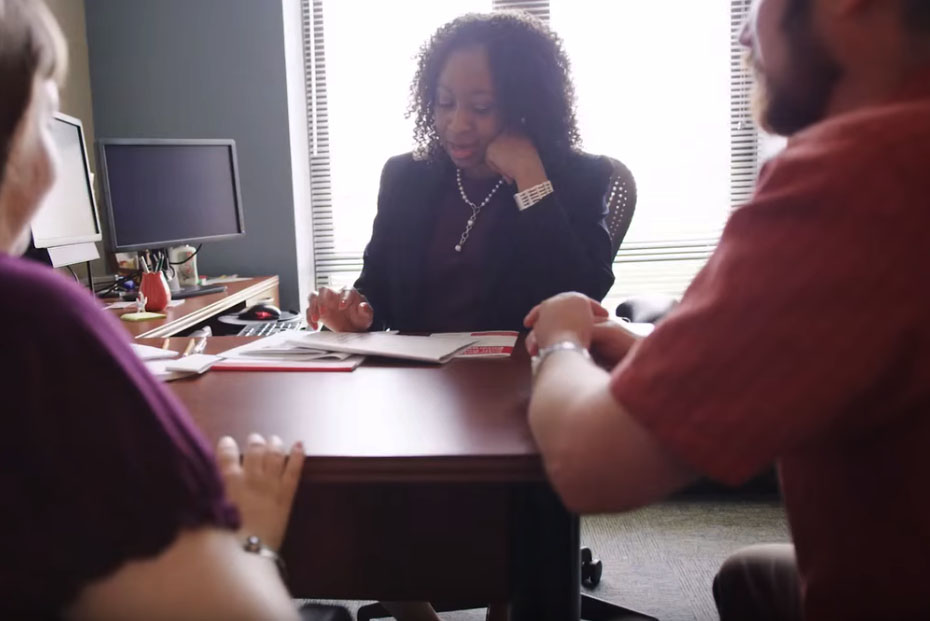
Parents across the state, nation and world are facing new sets of challenges as the COVID-19 pandemic has forced schools to move to e-learning and families to practice safe social distancing in their homes. For parents of children with severe emotional and behavioral challenges or mental health problems, this time can be even more trying, as they struggle with how to continue offering the best care to their children.
Ukamaka M. Oruche, Indiana University School of Nursing associate professor of psychiatric mental health nursing and director of global programs, has worked with parents of children with emotional and behavioral challenges for over 20 years and conducts research to learn new ways of helping parents and providers work together for the child's benefit.
We asked Oruche — featured by U.S. News & World Report after receiving the COVID-19 Courage Award in Innovation by the American Academy of Nursing — to provide tips for parents during this unprecedented time.
Listen as Ukamaka Oruche offers tips to parents of children with emotional or behavioral challenges.
What are ways parents can maintain their child's mental health treatment?
Clinics are not seeing patients face-to-face, so you may be asking yourself, 'How do I keep up my child's medication or counseling?' Many clinics are providing telephone visits, so ask your doctor, nurse, or counselor to talk to your child that way. If your child needs a refill on medication, their doctor or nurse can send it directly to the pharmacy for pick-up.
What steps should parents take to manage their child's emotional and behavioral reaction to changes in their daily routine?
You may see a worsening of your child's behavior problems due to changes in their daily routine. They may act out or refuse to follow directions, and you may notice more anxiety or irritability. We are all feeling stressed, and we show it in different ways.
Be patient with your child, and consider these tips:
- Provide a structured daily routine for your child and you.
- Work together to develop your daily schedule.
- Minimize the amount of TV covering COVID-19.
- Build in play time, like activities in the yard and walks for fresh air and sun.
- Speak with your child honestly but in language they will understand.
- Emphasize how each of us must help one another. Explain that by staying home, washing their hands, and more, they are helping to keep themselves and others well.
How can parents take care of themselves during this time?
On top of working from home, you may have to help your child with e-learning or managing an emotional or behavioral problem, and you may be feeling overwhelmed with all that your child needs right now. You may also find that you have too many people in the same space at the same time – and for long periods.
You must create time for yourself. I start each morning with meditation or prayer before having a cup of coffee.
Identify a support person and call them, whether it be a friend, family member, coworker, or church member. For example, my nine siblings and I stay connected via group text almost daily.
If you're able to exercise at home, do. Walks are also helpful.
Any final thoughts to share?
We are all dealing with coronavirus disruptions to our daily lives. As a mother of two and auntie to many young nephews and nieces, my heart goes out to the children who have mental health problems and their parents. Just remember to follow these basic tips: Ask your provider for telephone visits and medication refills, provide a structured daily routine for you and your child, and don't forget to take time for yourself.

